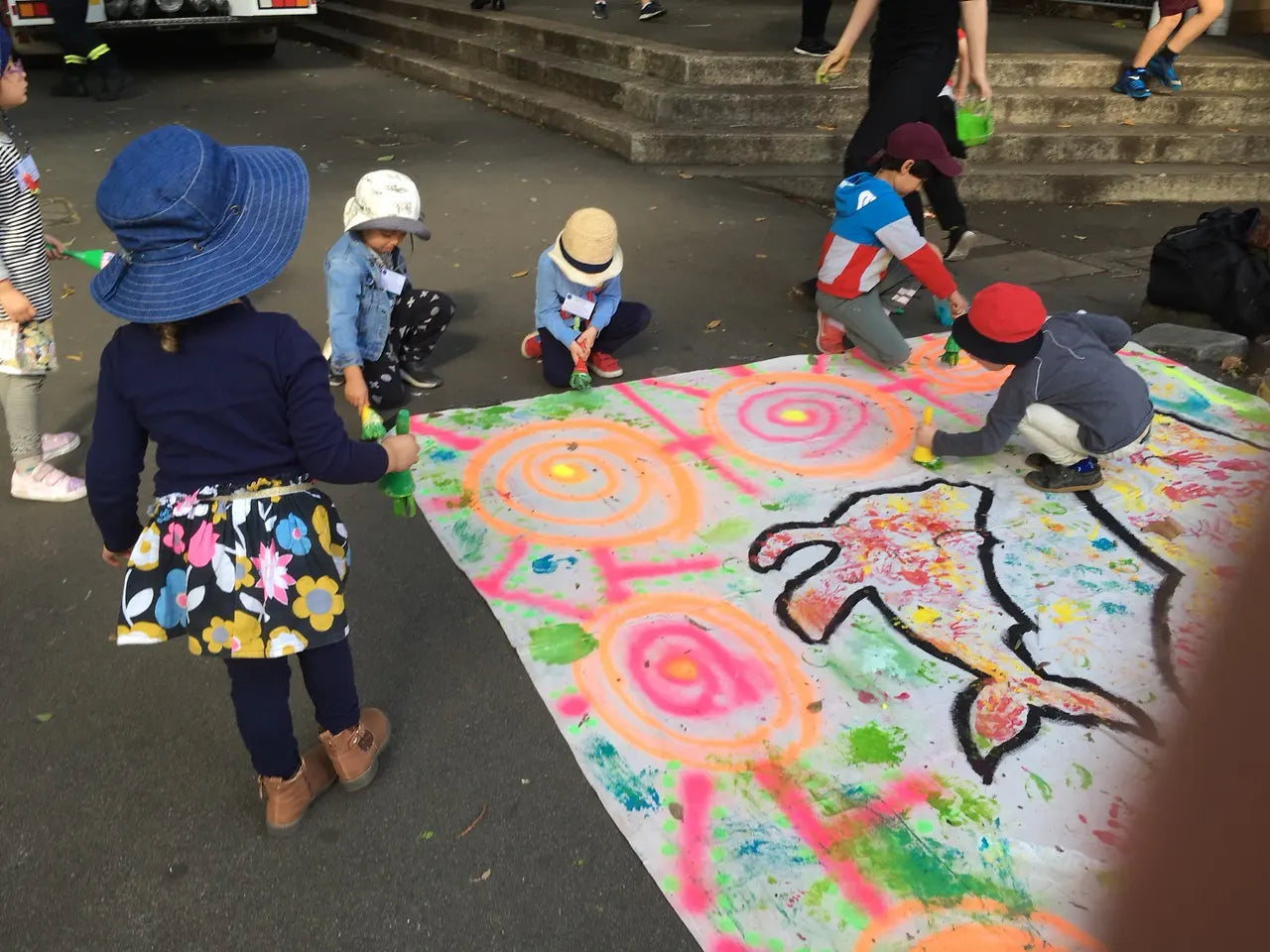
The Early Years Learning Framework and the National Quality Standard outline the responsibilities of early childhood educators to educate themselves about Australia’s history, culture, the ongoing contribution of Aboriginal and Torres Strait Islander peoples to Australian life and the diversity of Australia’s modern society. The Framework also includes ‘Respect for diversity’ (DEEWR, 2009, p. 13) as a guiding Principle and ‘Cultural competence’ (DEEWR, 2009, p. 16) as a guiding Practice.
Services are mandated to include the culture of each family attending the service, however in addition to this theEducators’ Guide to the Early Years Learning Framework for Australia(DEEWR, 2010) recognises that ‘cultural competence in relation to Aboriginal and Torres Strait Islander peoples is distinctly different from the broad idea of “respecting all cultures”’. It pays attention to ‘growing educators ‘competence in working with Australian Aboriginal and Torres Strait Islander cultures’ (DEEWR, 2010, pp. 24 and 30).
Several years ago, with this framework in mind, the team at Explore & Develop Annandale began the journey to grow our cultural competence. As a team of non-aboriginal educators, we had limited knowledge about Aboriginal culture and therefore found it challenging to embed it into our program without being offensive and inappropriate. Not knowing where to start on our own we reached out to the Koori Curriculum and began a now three-year partnership.
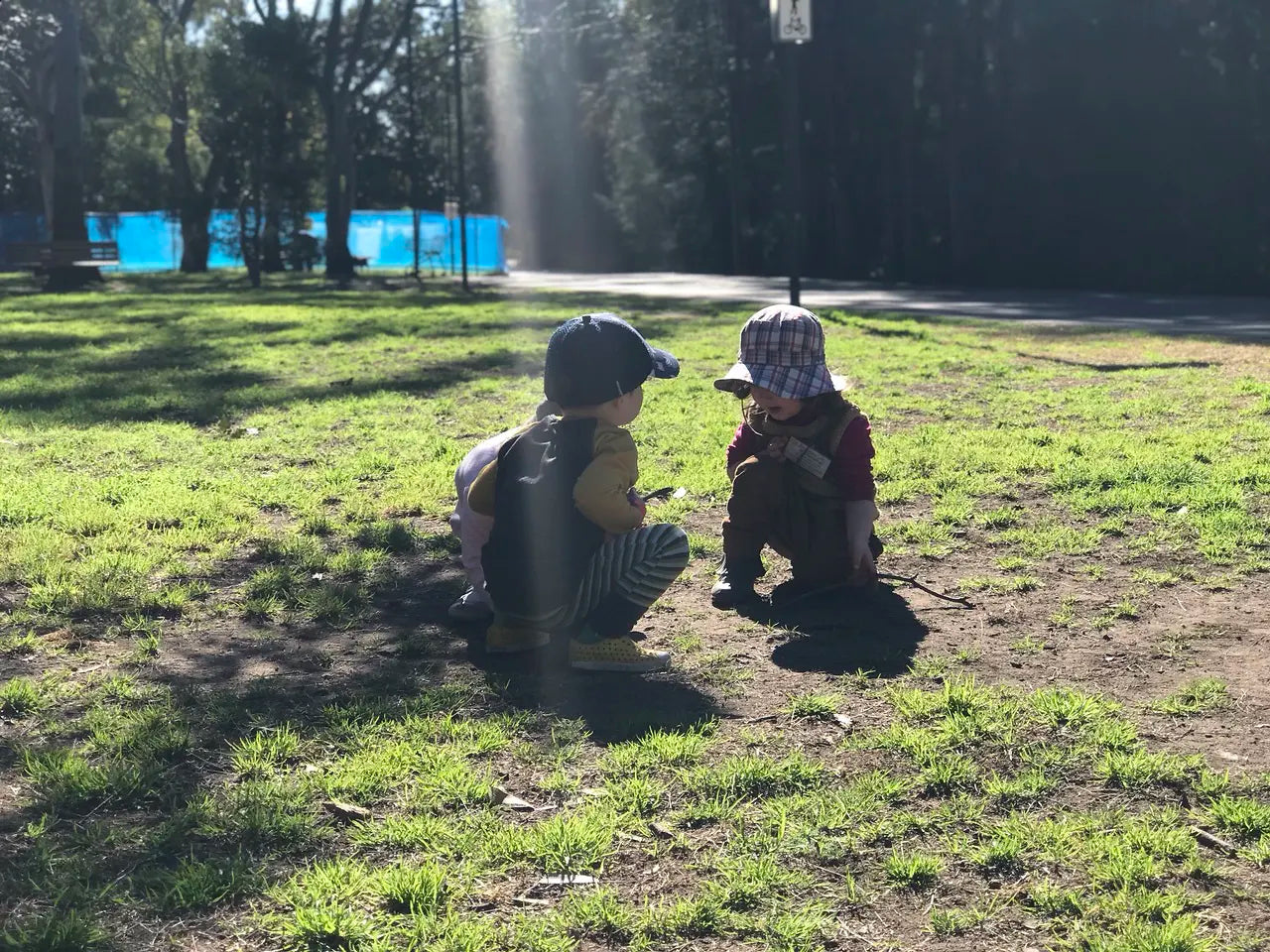
This partnership has given us the confidence to be reach out, learn, have a go and be open to new perspectives and thinking. Not just adding Aboriginal perspectives onto our perspectives and adding Aboriginal themed areas of our environment but to listen and think about how to embed Aboriginal and Torres Strait perspectives into our environment.
While increasing our knowledge of Aboriginal culture we have increased our knowledge of all culture, for all children, especially understanding the sense of identity and belonging that comes from recognising culture as a unique, core part of every individual’s being. TheEarly Years Learning Frameworkhas ‘a sense of identity’ as a core Outcome for all children, recognising that identity underpins personal wellbeing, social competence and learning success.
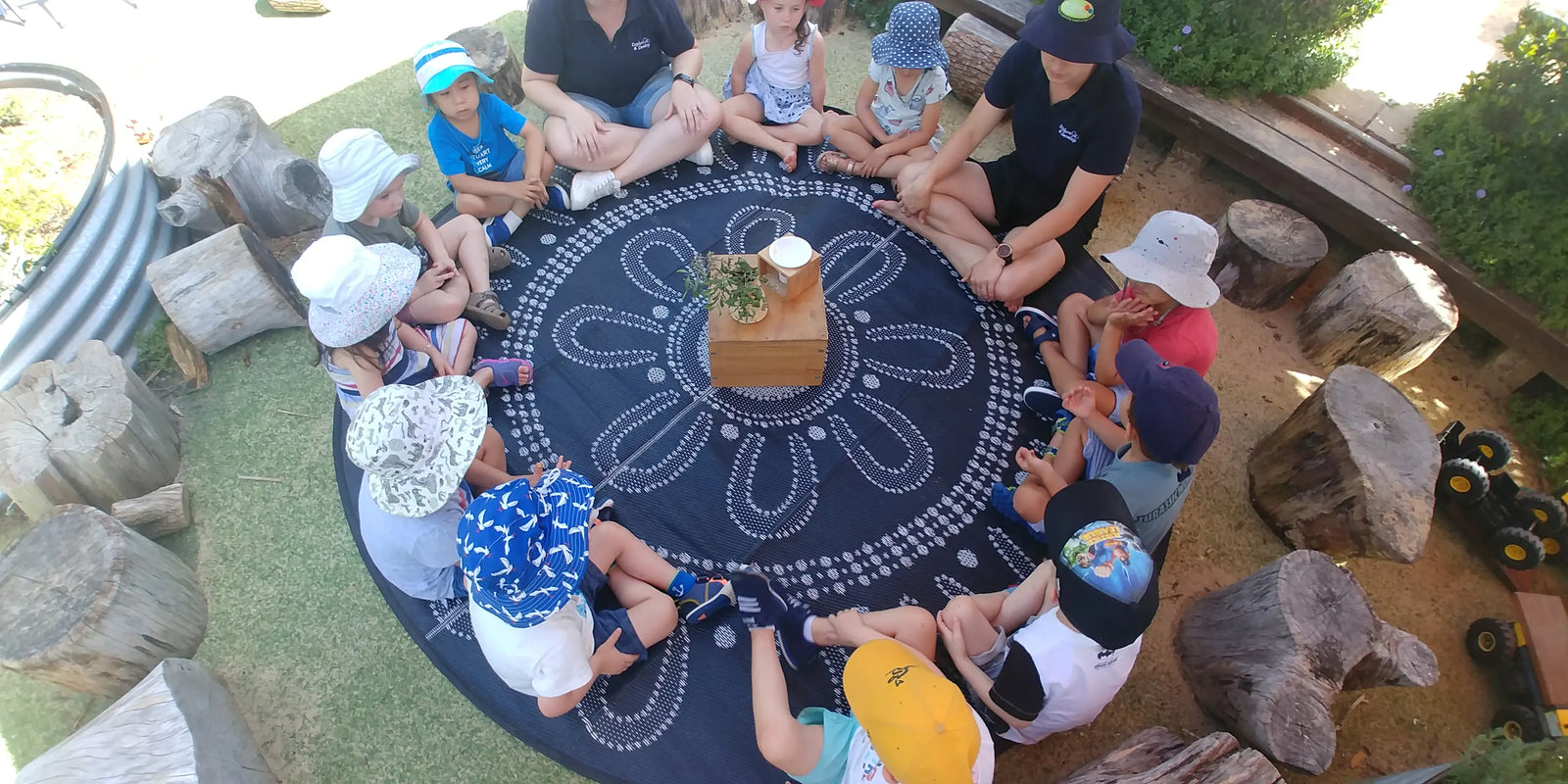
We quickly made the connection between developing a sense of identity and belonging to having a connection place and to community. We have been able to make the connection to this sense of place with our appreciation of nature pedagogy and educating children to care for the land around them.
We have learned to think deeper about a child’s sense of belonging and their family culture. How we can think holistically about the child and how their sense of identity affects all that they are. This is especially evident in young children’s behaviour as they develop their sense of identity.
We have learned to appreciate and respect the unique place that Aboriginal and Torres Strait Islander cultures hold in Australia. As educators we have learned to think about the Aboriginal perspective in all that we do. Aboriginal and Torres Strait Islander peoples have histories in Australia dating back 60,000 years. Theirs are some of the oldest cultures in the world and as such demand respect and consideration from us daily.
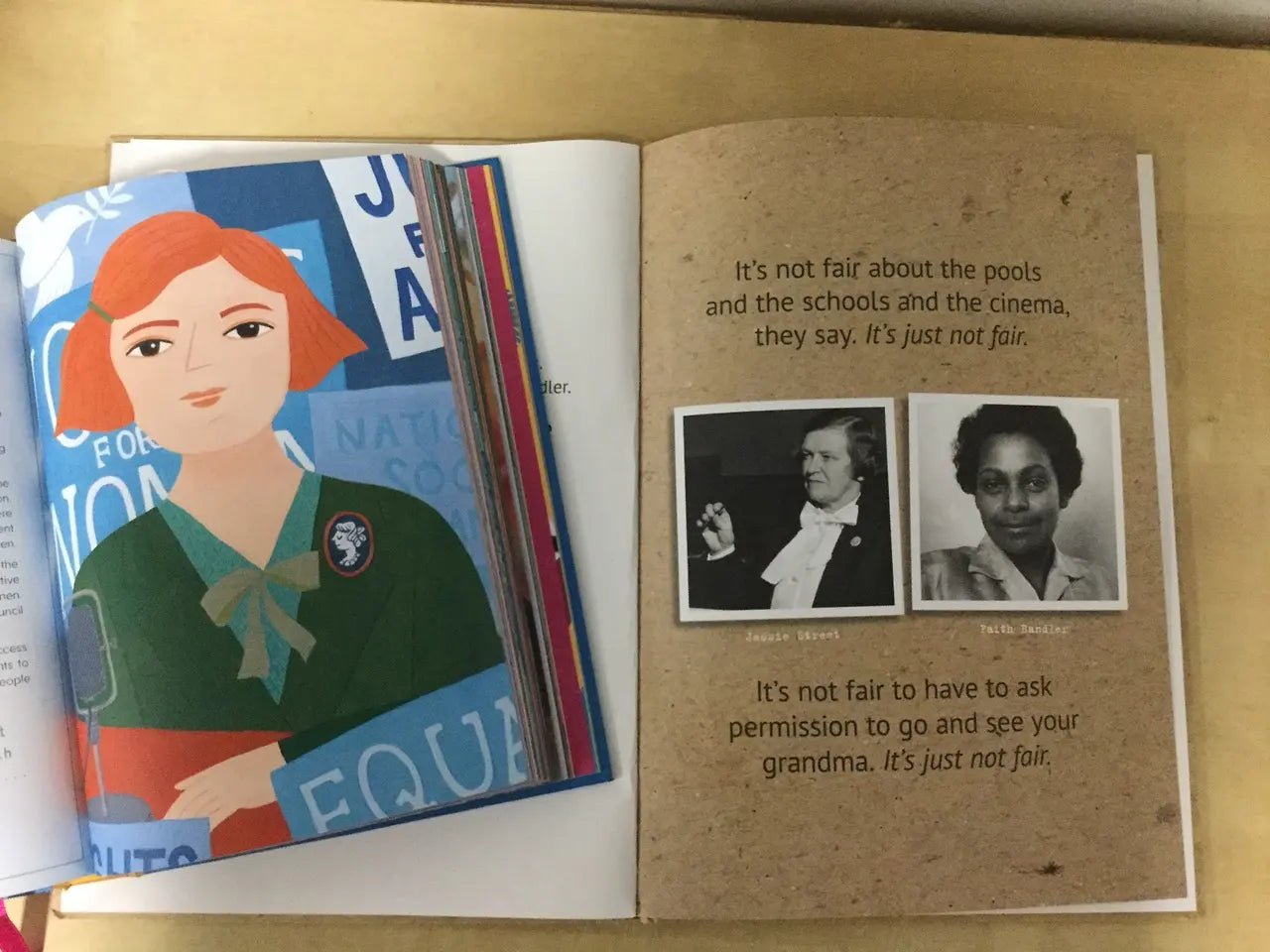
Over the past three years we have explored arts practice, community connections, and values such as caring for our environment and being grateful for the land upon which we live. We have seen a change in the way children are respectful of our place, the parks around us, the waterways and the earth as we have included sustainable practices including our Boomerang Bag project to reduce plastic bags.
Using Aboriginal themes and children’s literature we have been able to introduce important social justice themes such as fairness and equity. Reconciliation, promoting respect for all, equity and the recognition of all cultures are explored with children through conversation and stories such as “Say Yes”. This sets the tone of our Service culture, helping children to develop the understanding that all people are valued. Everyone is able to voice their opinion and our classrooms are full of democratic thinking.
We have learned that culture is more than celebrating a countries national day, it is the values and rituals of that culture that can be embedded in everyday life. Of course, there are cultural celebrations which often involve food, music and rituals, we encourage our community to bring their rituals to our Service to share. These can include songs and music, the way meals are served, the way children sleep.
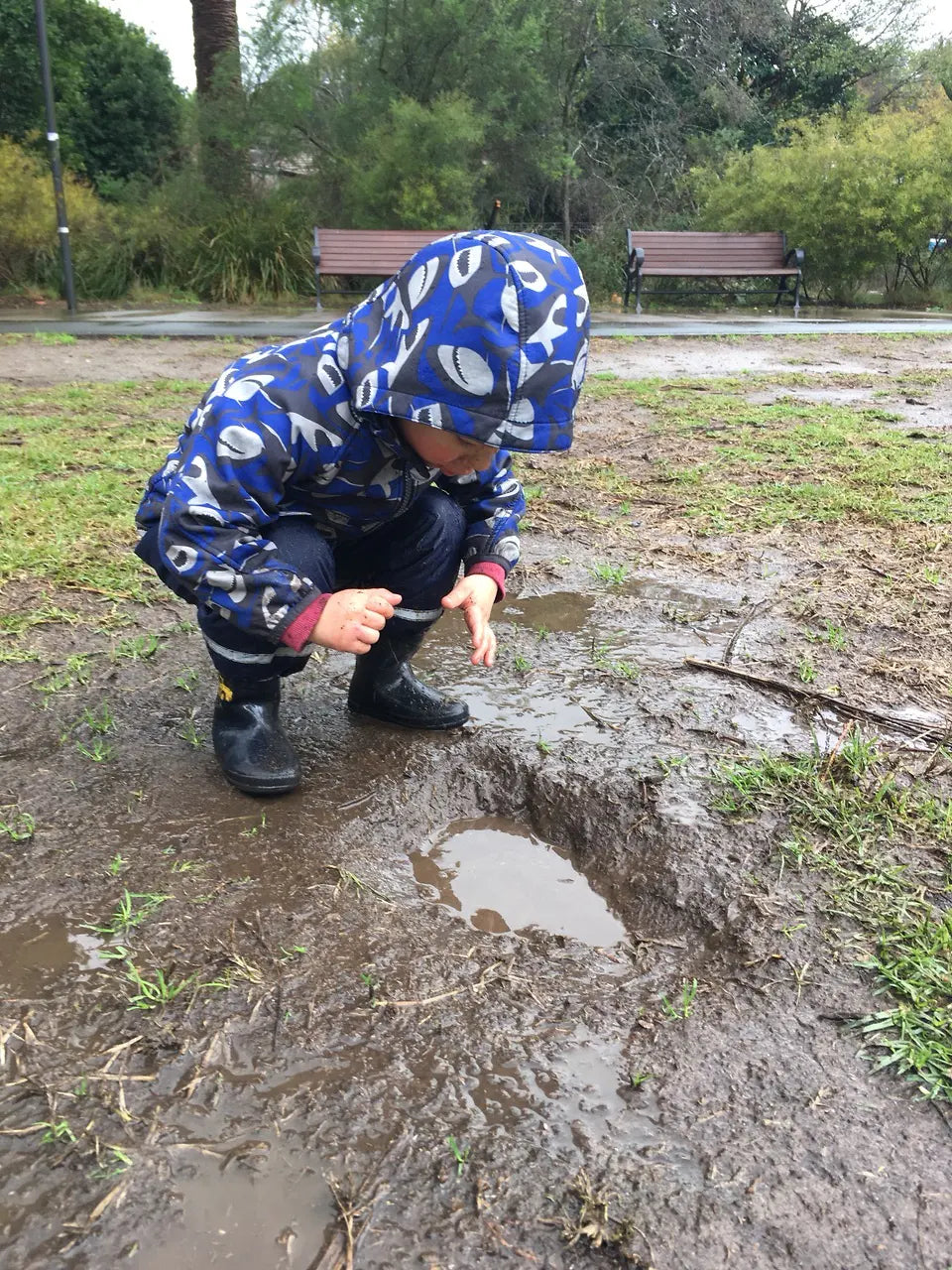
We have no Aboriginal or Torres Strait families presently enrolled however have 3 Aboriginal educators. We feel that we have a culture of guiding children to be kind, respectful, and open to other perspectives. To care for their world, the land and the people around them.
We feel very welcome in the local community, regularly joining Glebe NAIDOC events and regularly seek out connection with the local Aboriginal community.
Our learning has led us to understand that Australia Day on January 26th is hard for our society. Without Reconciliation our nation is unresolved, and this day is not inclusive of all Australia’s diverse culture.
We hope Australia Day is a reflective time, a time to have a conversation about modern Australia and how we can work together to increase understanding and ultimately reconciliation.
References
Early Years Learning Framework
Department of Education, Employment and Workplace Relations for the Council of Australian
Governments (2009). Belonging, Being and Becoming: The Early Years Learning Framework for
Australia. © Commonwealth of Australia (used with permission).
Educators Guide to the Early Years Learning Framework
Department of Education, Employment and Workplace Relations for the Council of Australian
Governments (2010). Belonging, Being and Becoming: The Early Years Learning Framework for
Australia. © Commonwealth of Australia (used with permission).
Su Garrett
Director / Approved Provider





